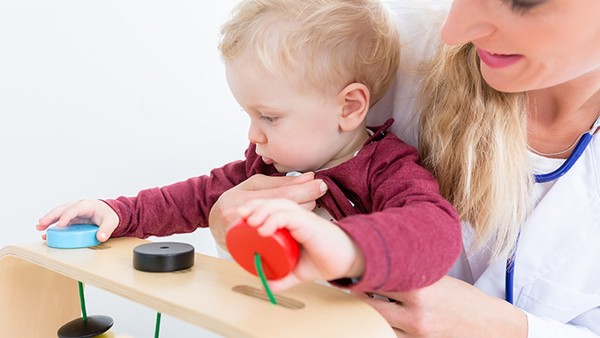Which Drugs Can Treat Vulvitis in Infants and Young Children

Definition of Vulvitis:
Vulvitis is the inflammation of the vulva, which is the external female genitalia. It typically occurs in infants and young children due to a variety of factors. Symptoms of vulvitis include itching, irritation, redness, swelling, and discharge.
Causes of Vulvitis in Infants and Young Children:
- Poor hygiene
- Contact with irritants (e.g., chemicals, perfumes)
- Infection (e.g., yeast, bacteria)
- Parasites (e.g., pinworms)
- Allergic reactions
- Trauma
Diagnosis of Vulvitis:
Diagnosis of vulvitis is usually based on a physical examination. In some cases, a healthcare professional may order tests to rule out underlying infections or other conditions.
Treatment of Vulvitis in Infants and Young Children:
Treatment for vulvitis depends on the underlying cause. The goal of treatment is to relieve symptoms and prevent complications.
Medications for Vulvitis in Infants and Young Children:
Various medications can be used to treat vulvitis in infants and young children, depending on the cause:
1. Anti-Infectives:
- Yeast Infections: Antifungal creams or ointments, such as clotrimazole or miconazole, are used to treat yeast infections.
- Bacterial Infections: Antibiotic creams or ointments, such as mupirocin or erythromycin, are used to treat bacterial infections.
2. Anti-Parasitic Medications:
- Pinworms: Oral antiparasitic medications, such as mebendazole or pyrantel pamoate, are used to treat pinworm infections.
3. Topical Emollients:
- Soothing Creams: Over-the-counter creams containing zinc oxide or petroleum jelly can help soothe itching and irritation.
- Barrier Creams: Prescription topical barrier creams, such as petroleum jelly-based products or silicone-based ointments, can protect the skin from further irritation.
4. Antihistamines:
- Allergic Reactions: Antihistamines can help reduce itching and swelling caused by allergic reactions.
5. Topical Steroids:
- Severe or Persistent Vulvitis: In severe or persistent cases of vulvitis, topical steroids may be prescribed to reduce inflammation and itching.
Other Treatment Measures:
In addition to medications, other treatment measures may include:
- Sitz Baths: Sitz baths in warm water can help soothe irritation.
- Regular Cleaning: Gentle cleansing of the vulva with warm water and a mild soap can help prevent further irritation.
- Loose Clothing: Wearing loose, cotton underwear can allow the vulva to breathe and reduce friction.
- Avoidance of Irritants: Identifying and avoiding irritants that trigger vulvitis is important.
Prevention of Vulvitis in Infants and Young Children:
- Good hygiene practices, including regular bathing and diaper changes.
- Using gentle and fragrance-free cleaning products.
- Avoiding exposure to irritants.
- Treating infections promptly.
- Proper toilet training.
When to Seek Professional Help:
Seek professional medical attention if:
- Symptoms do not improve with home care.
- The vulva is severely inflamed or swollen.
- There is a foul-smelling discharge.
- The child is in pain or has difficulty urinating.
- There is any fever or other systemic symptoms.
The above is all the content that the editor wants to share with you. I sincerely hope that these contents can bring some help to your life and health, and I also wish that your life will be happier and happier.
Topic: #treat #vulvitis #can














